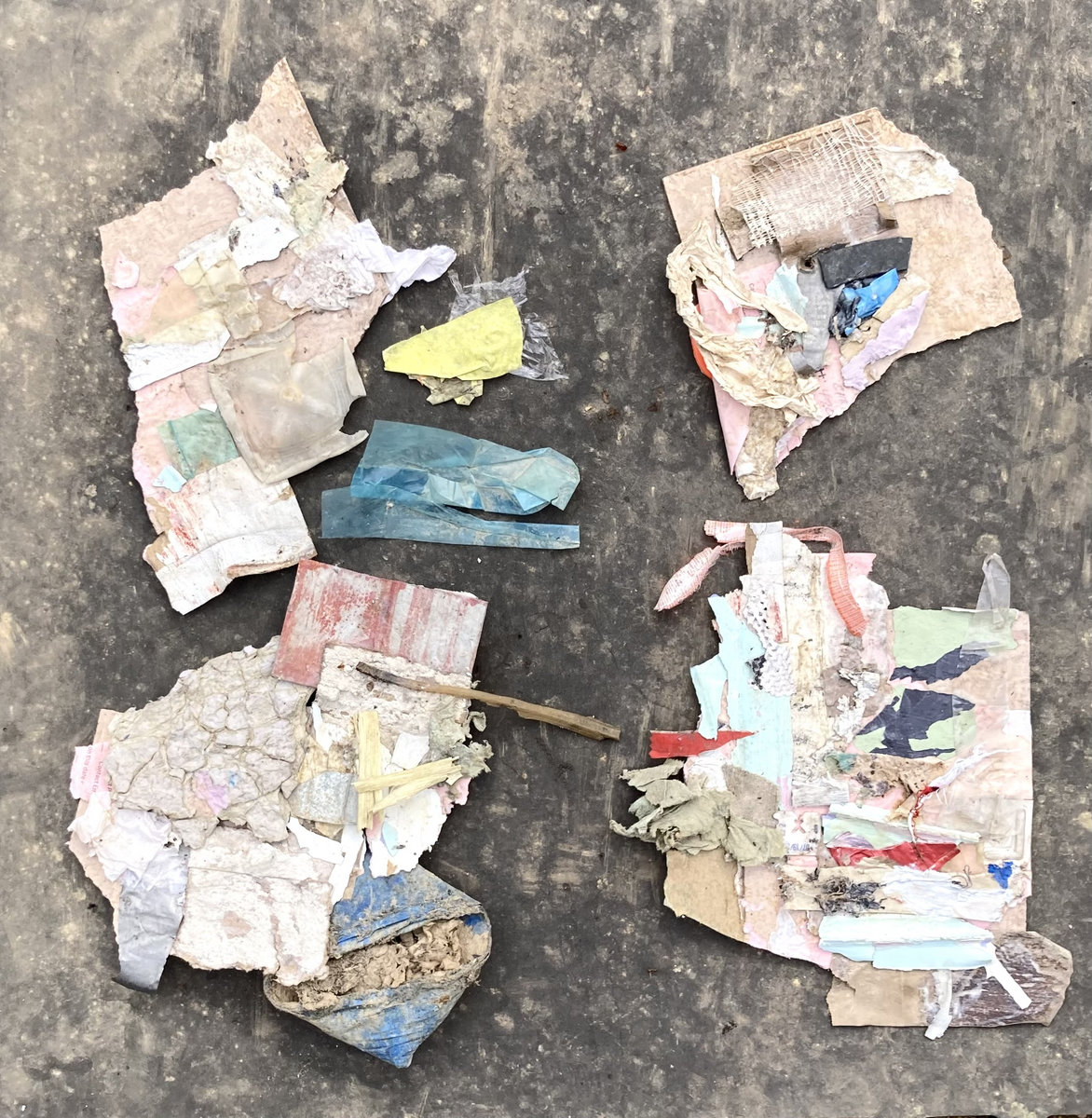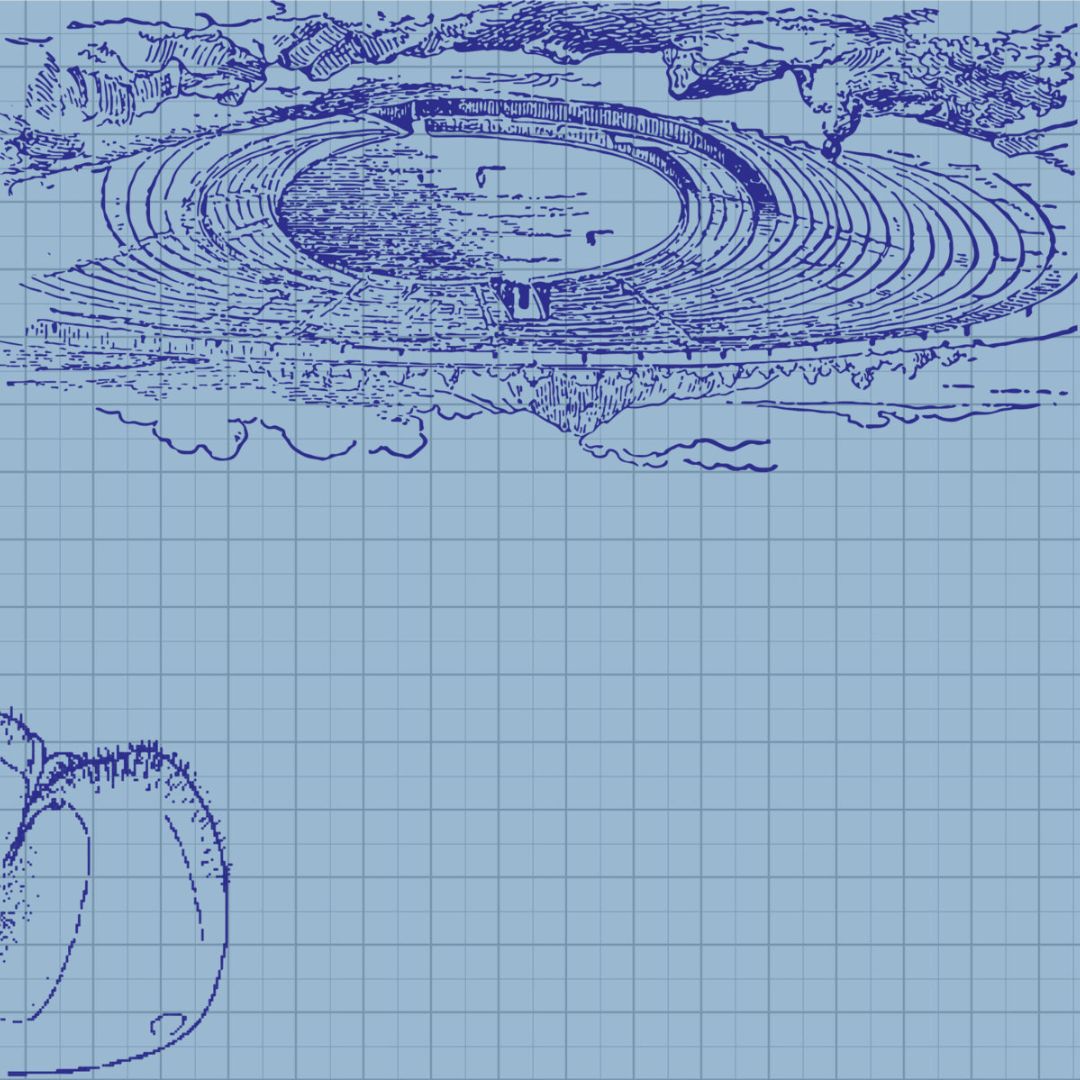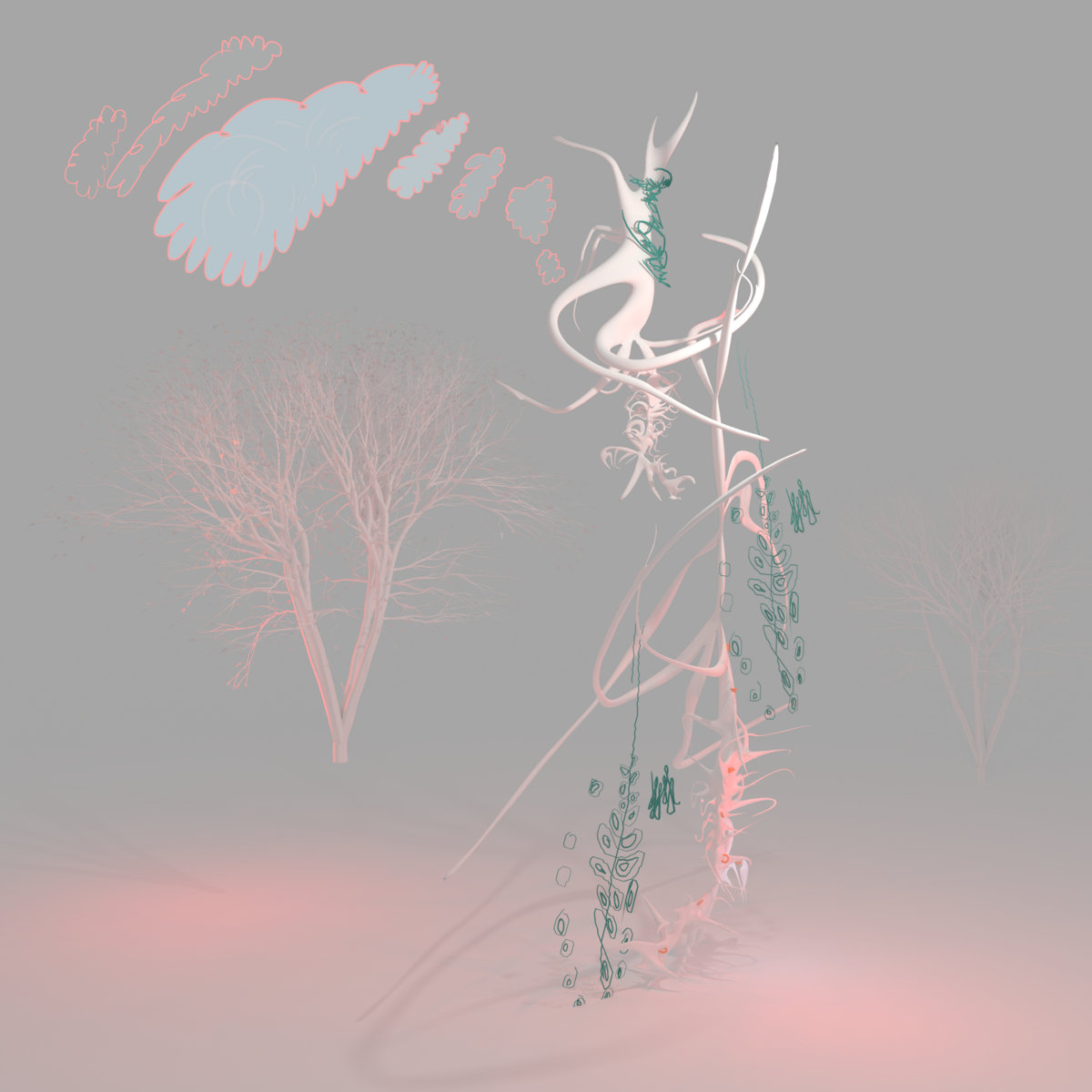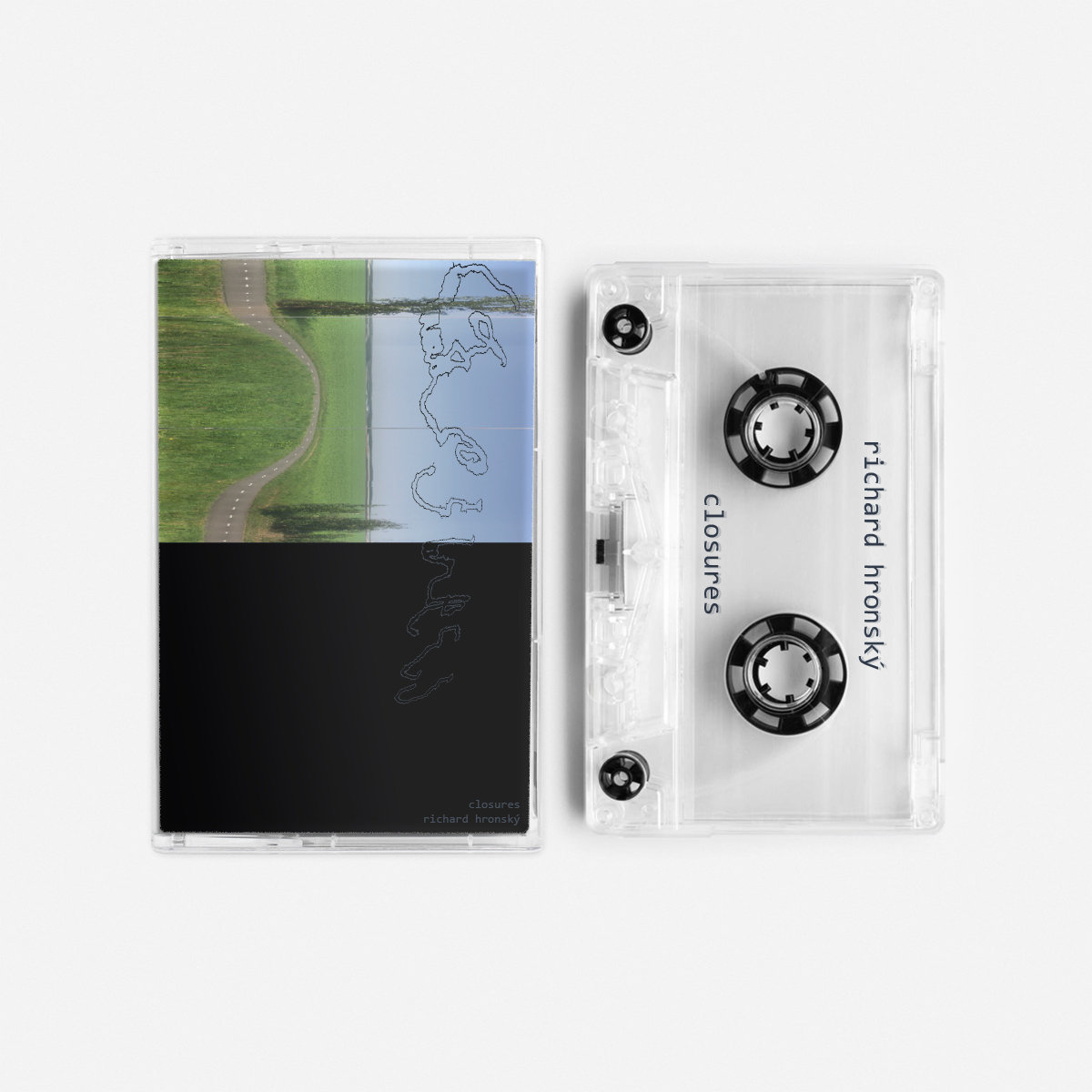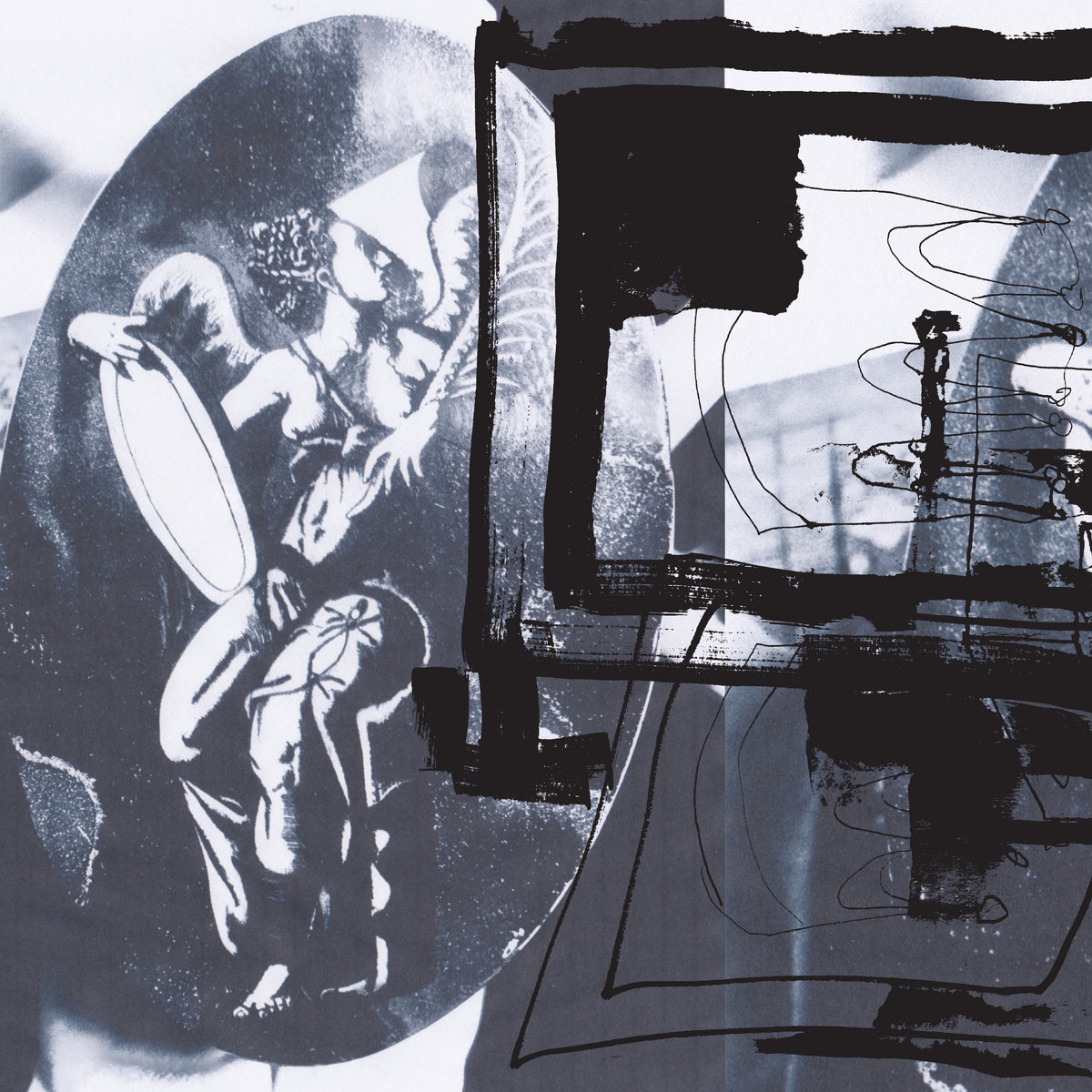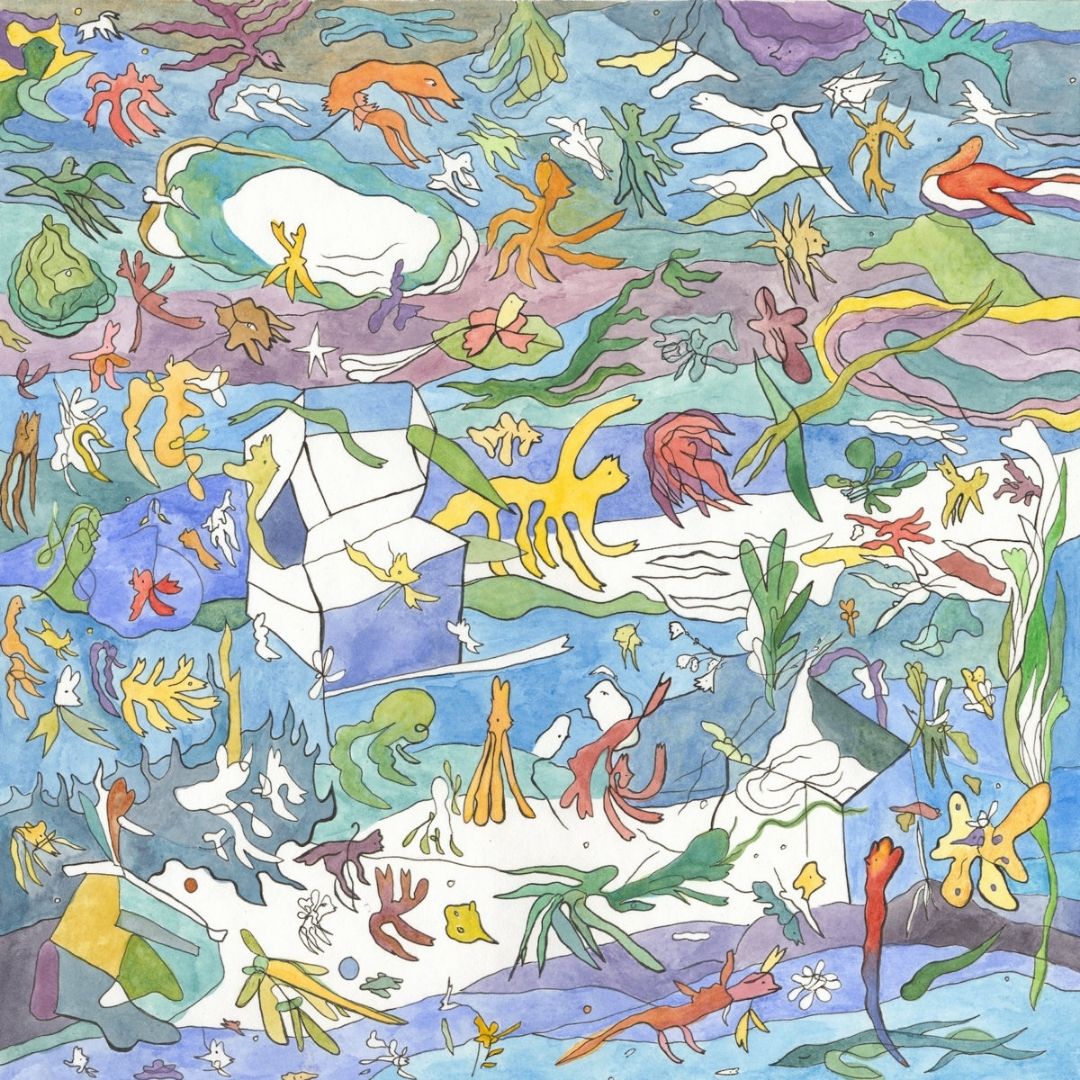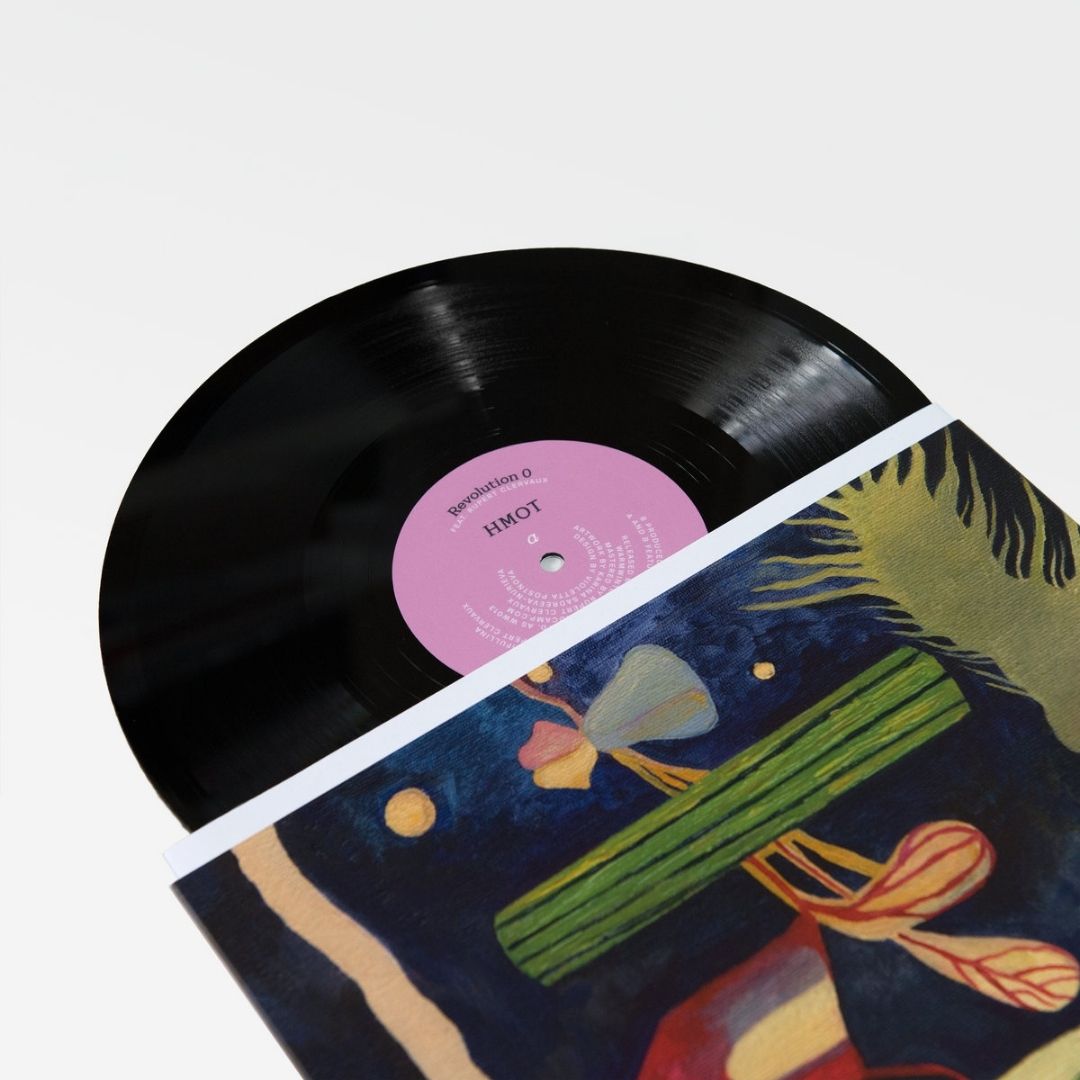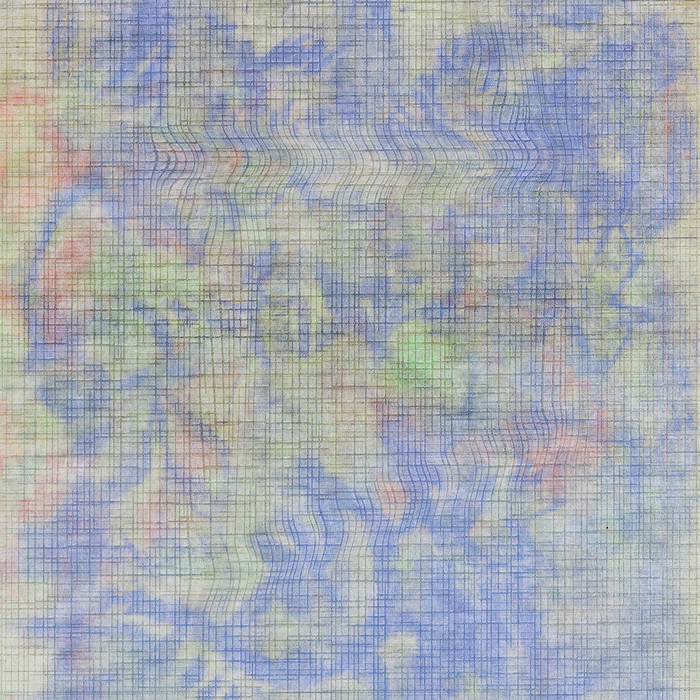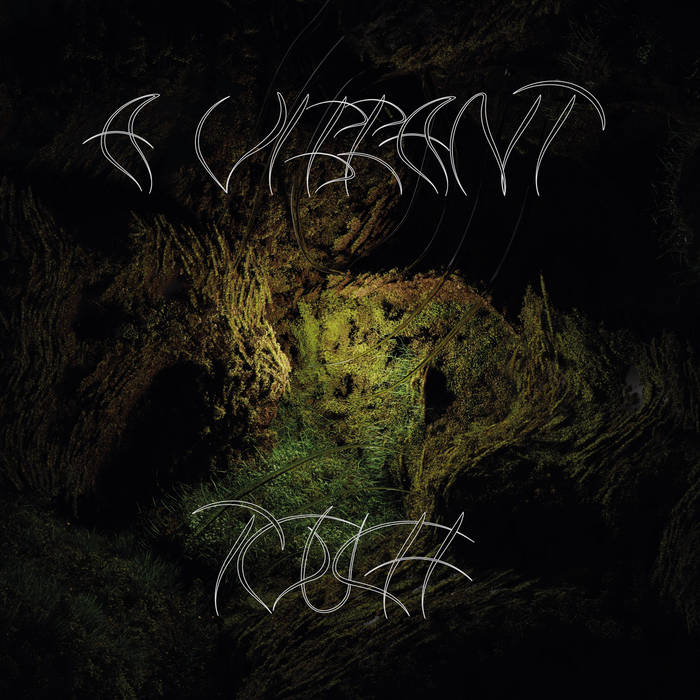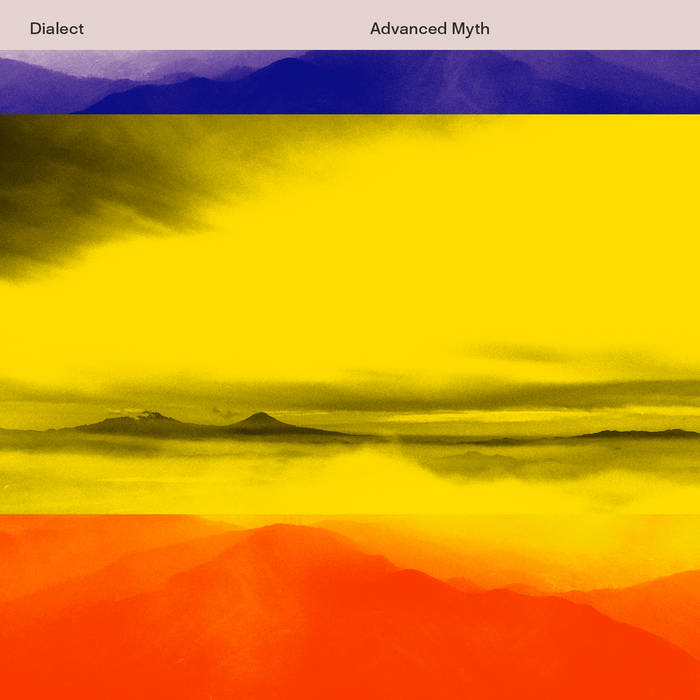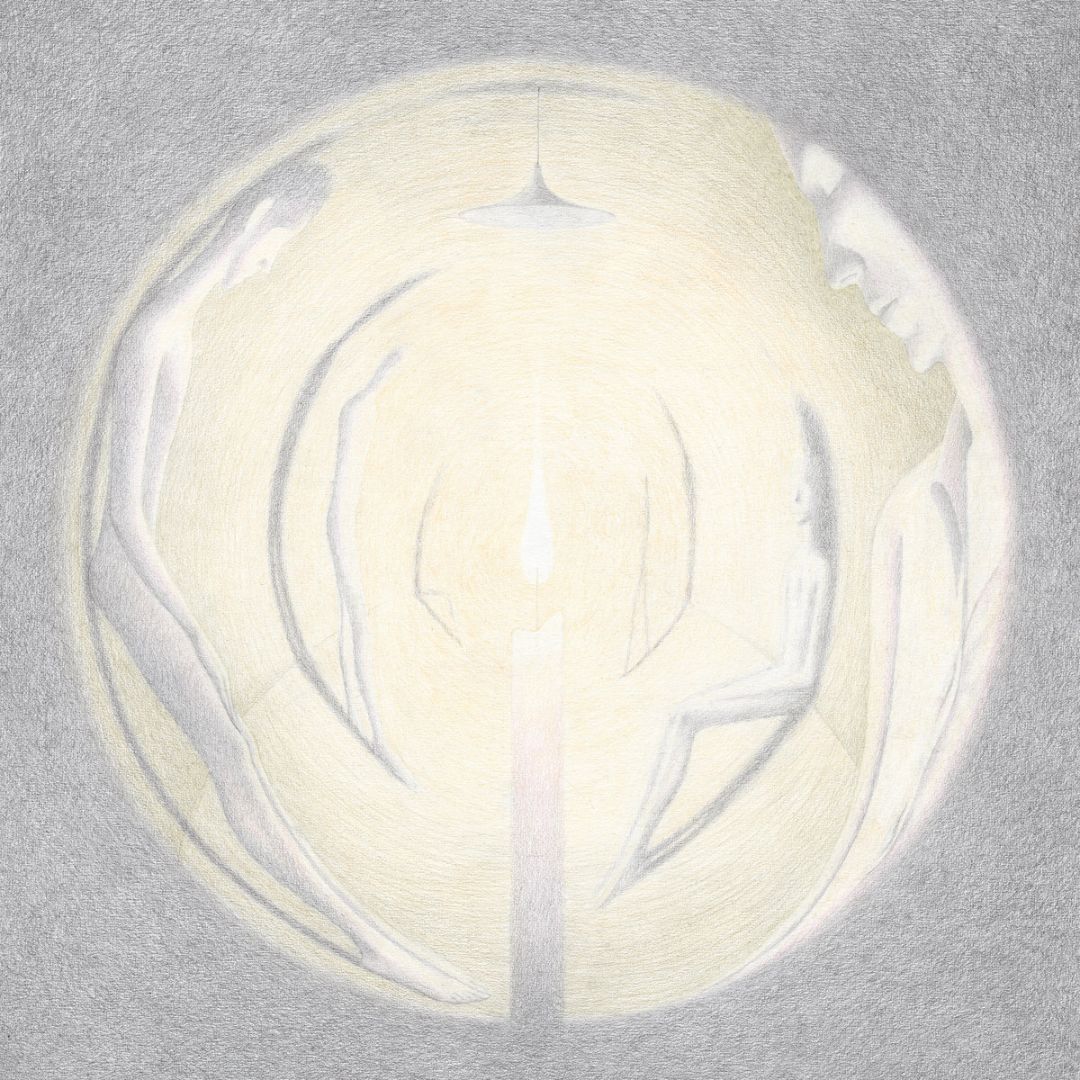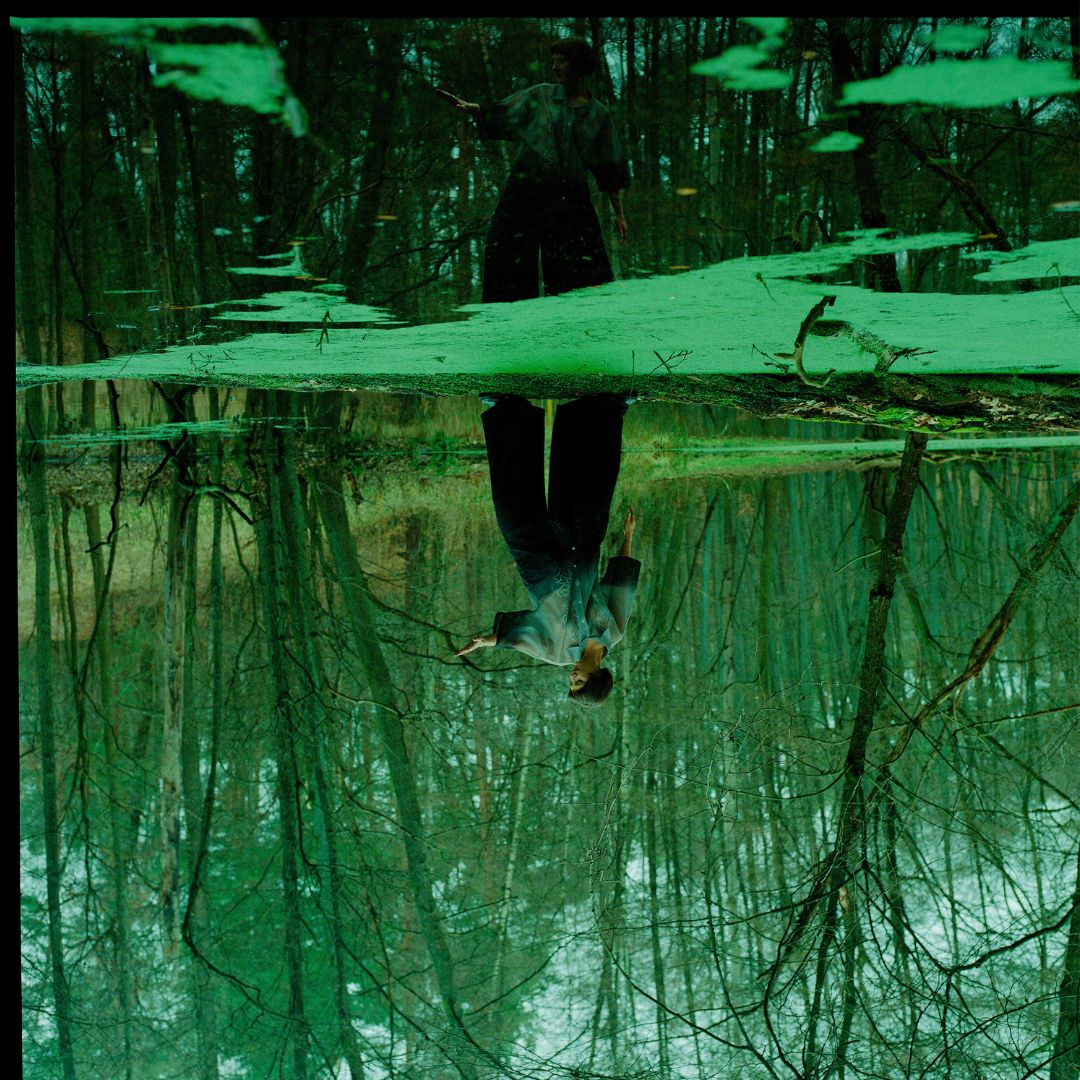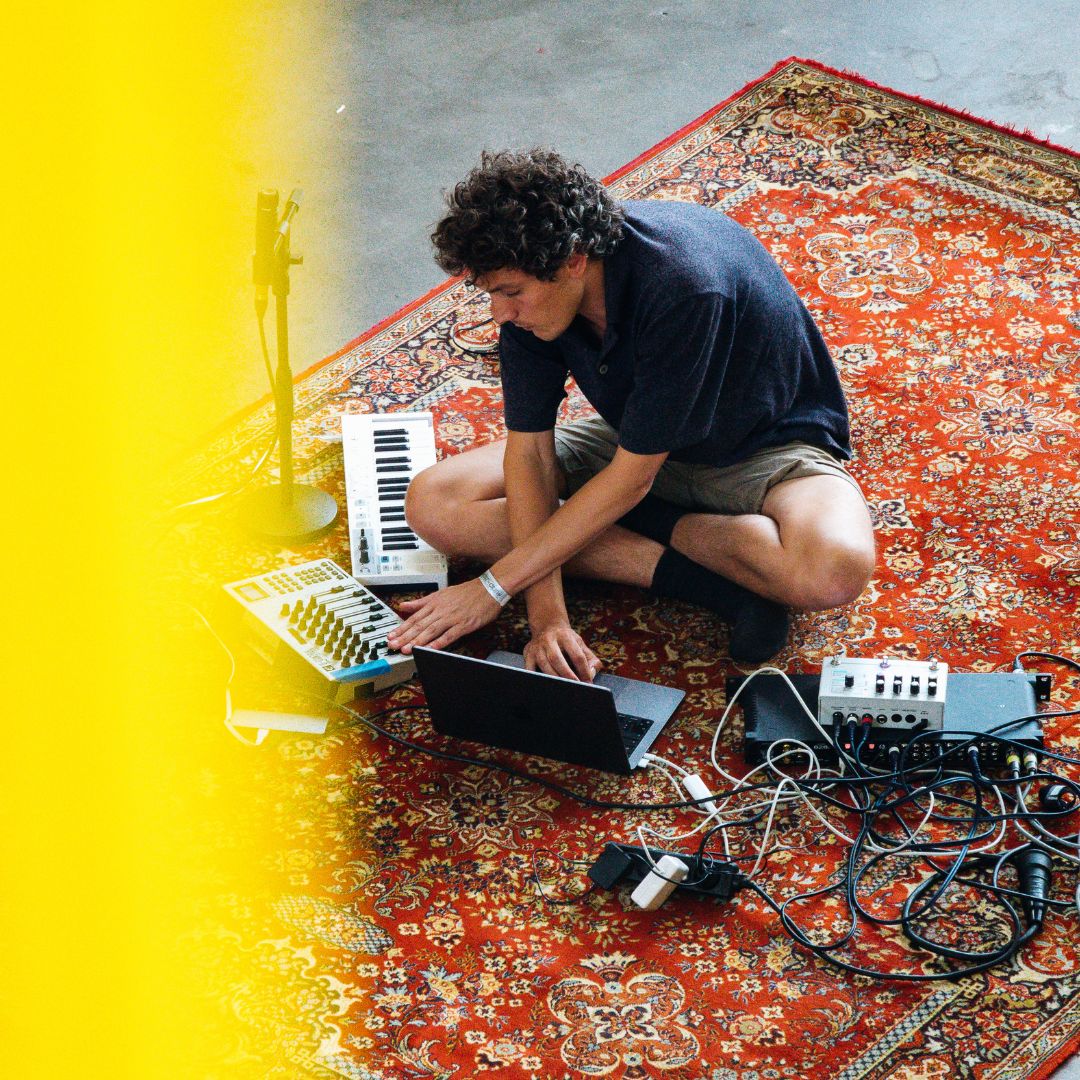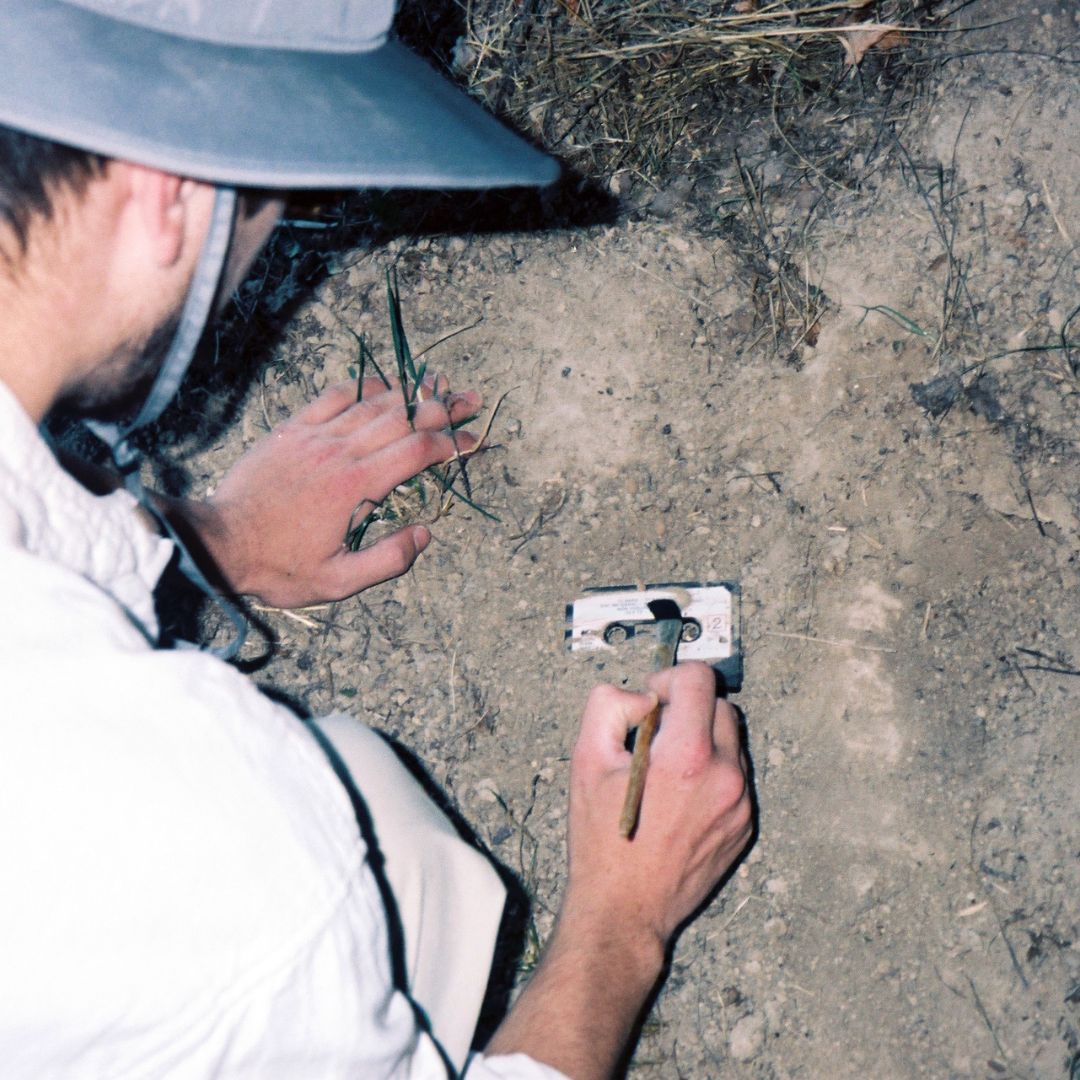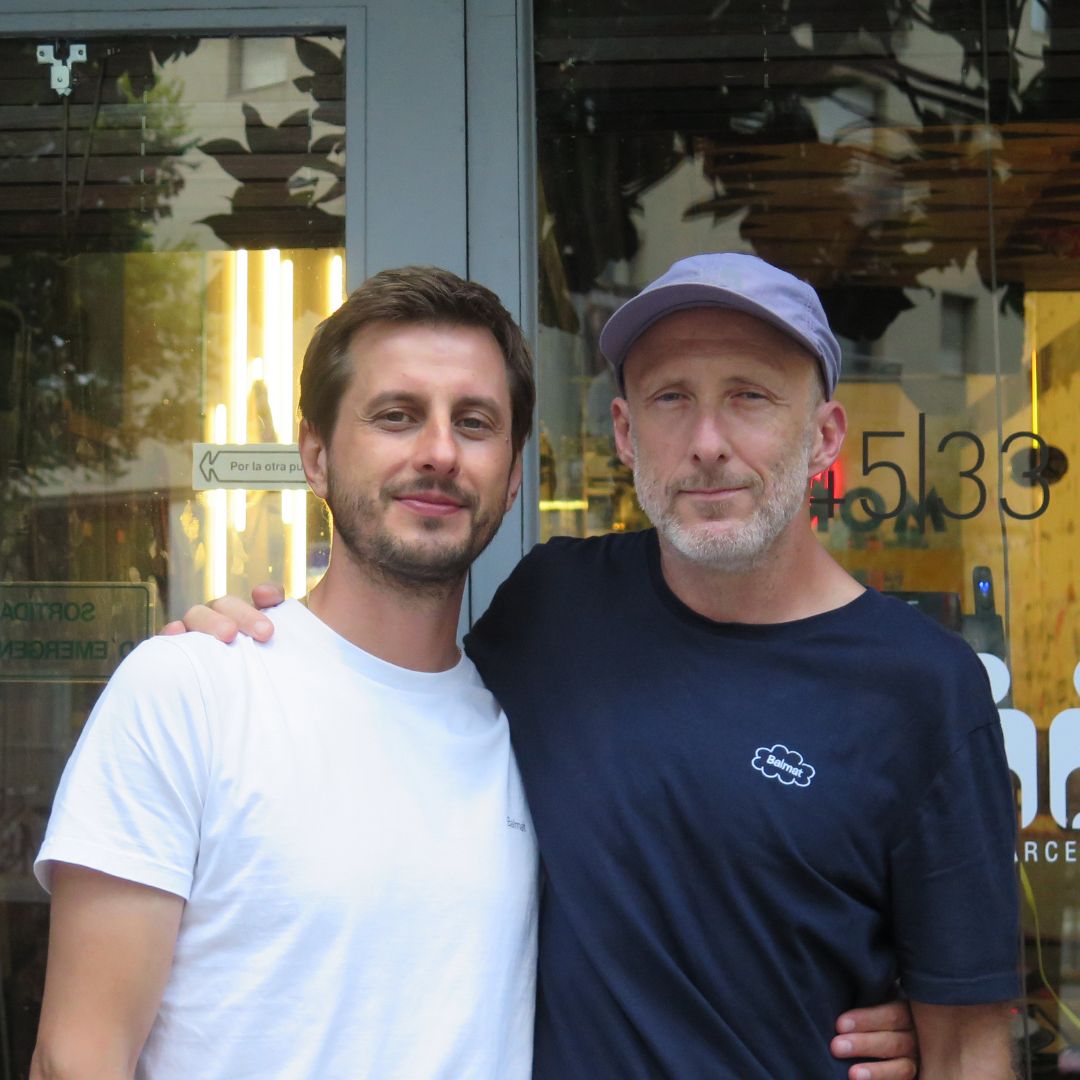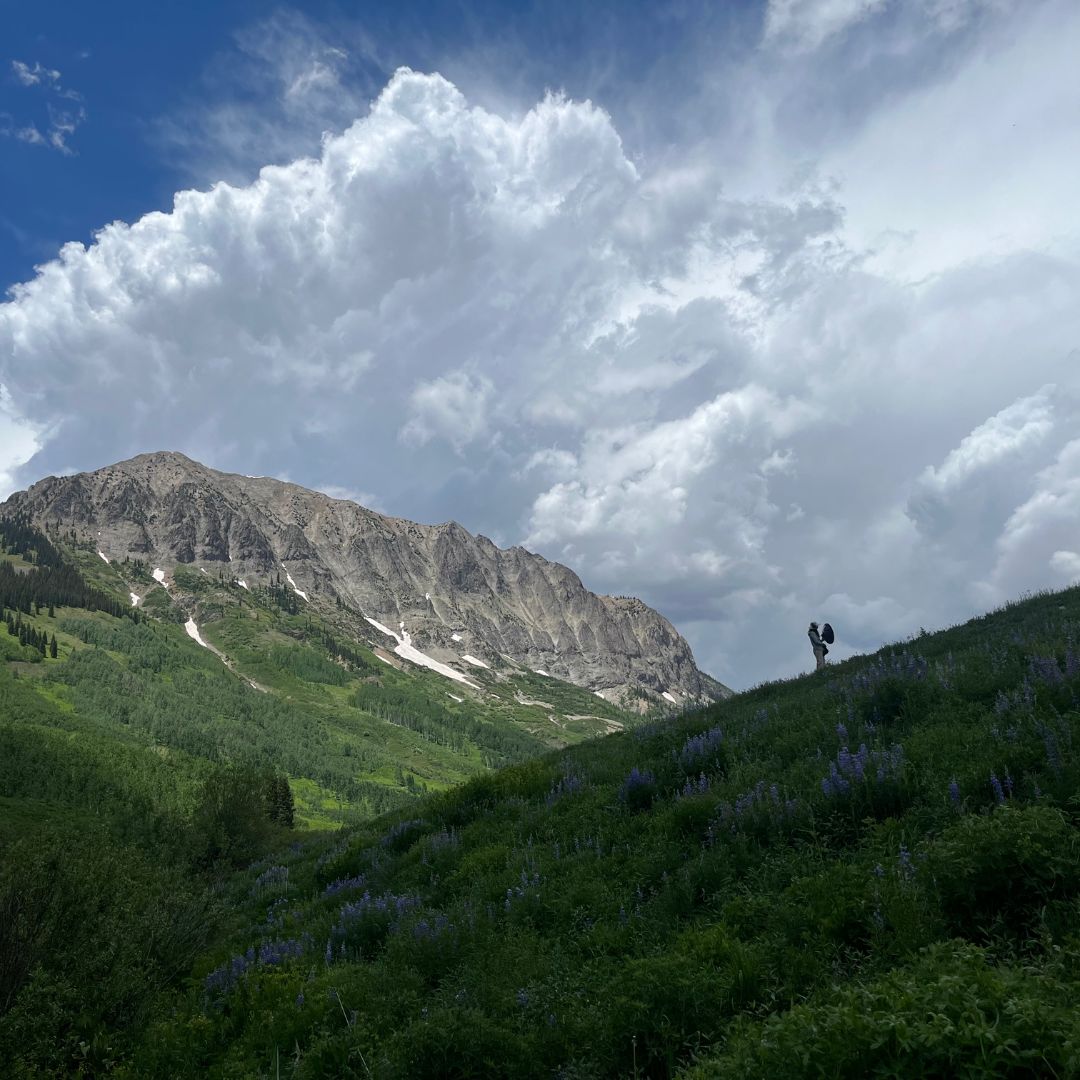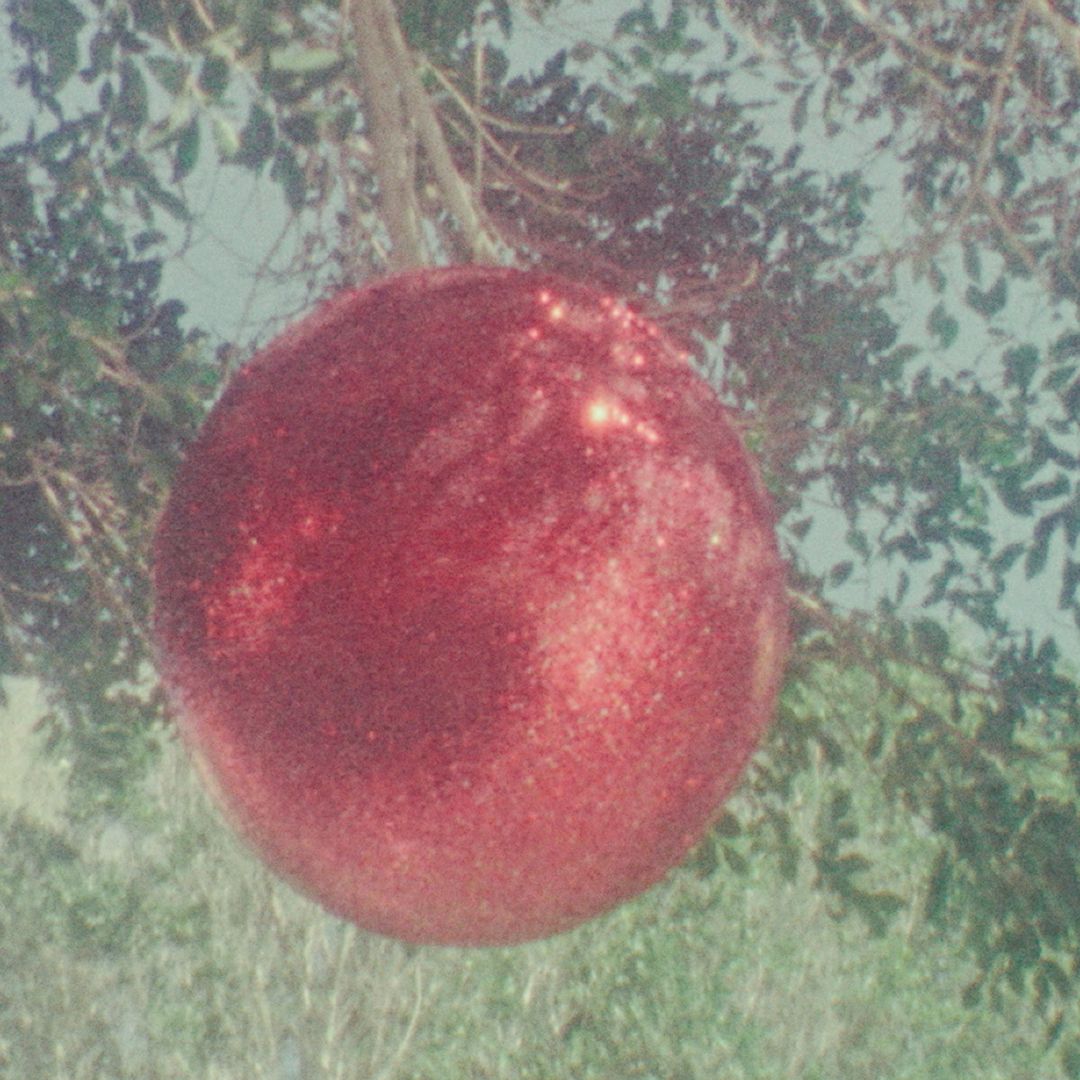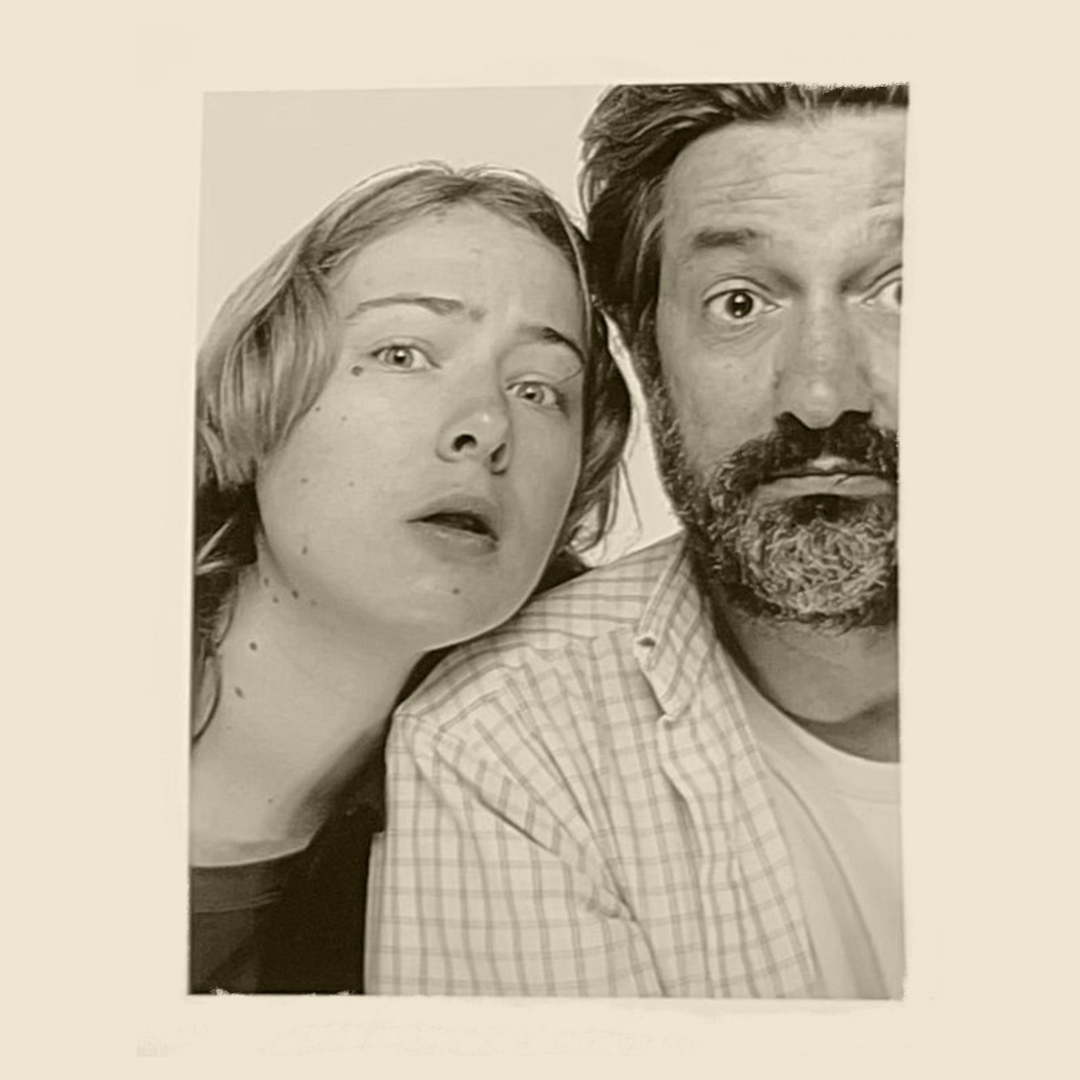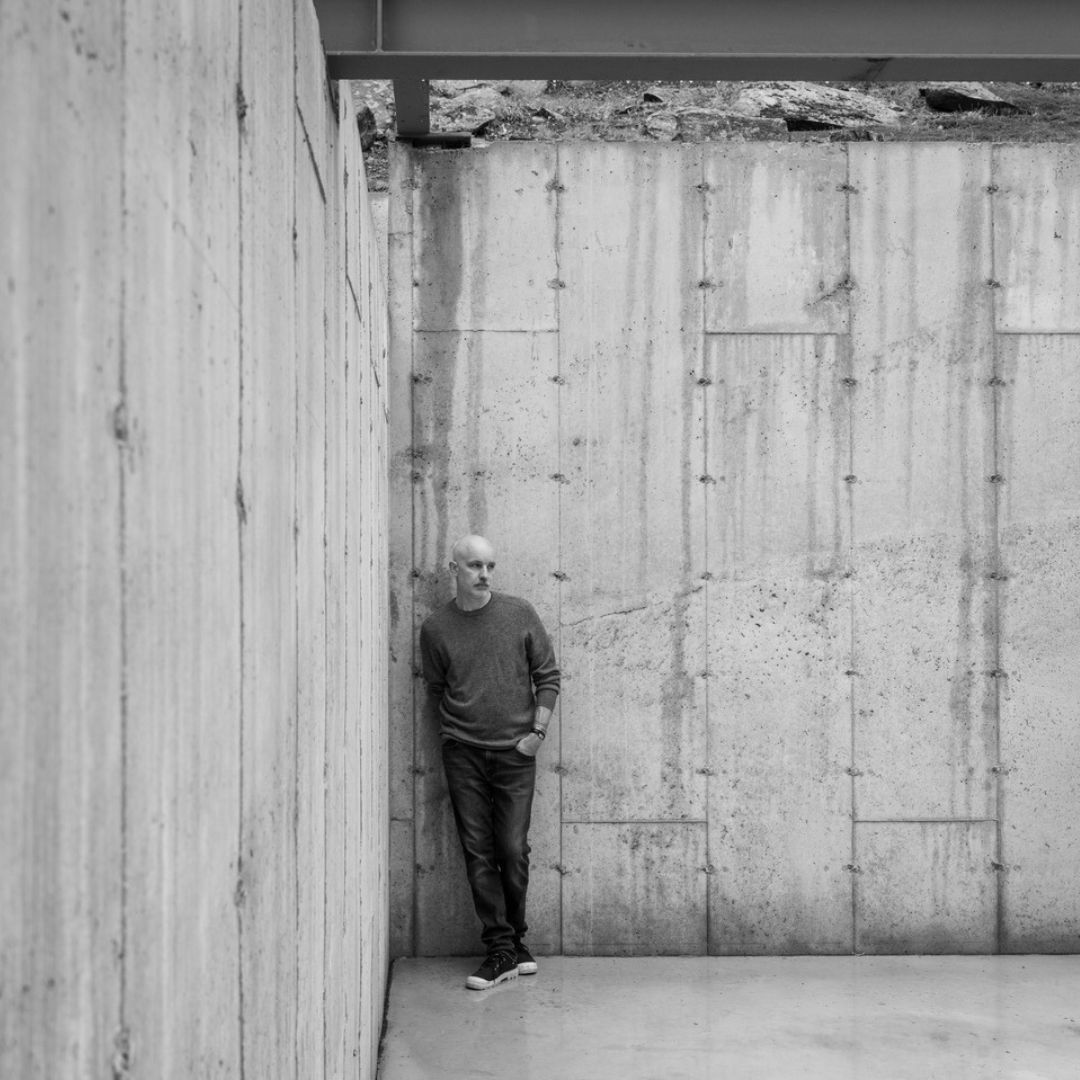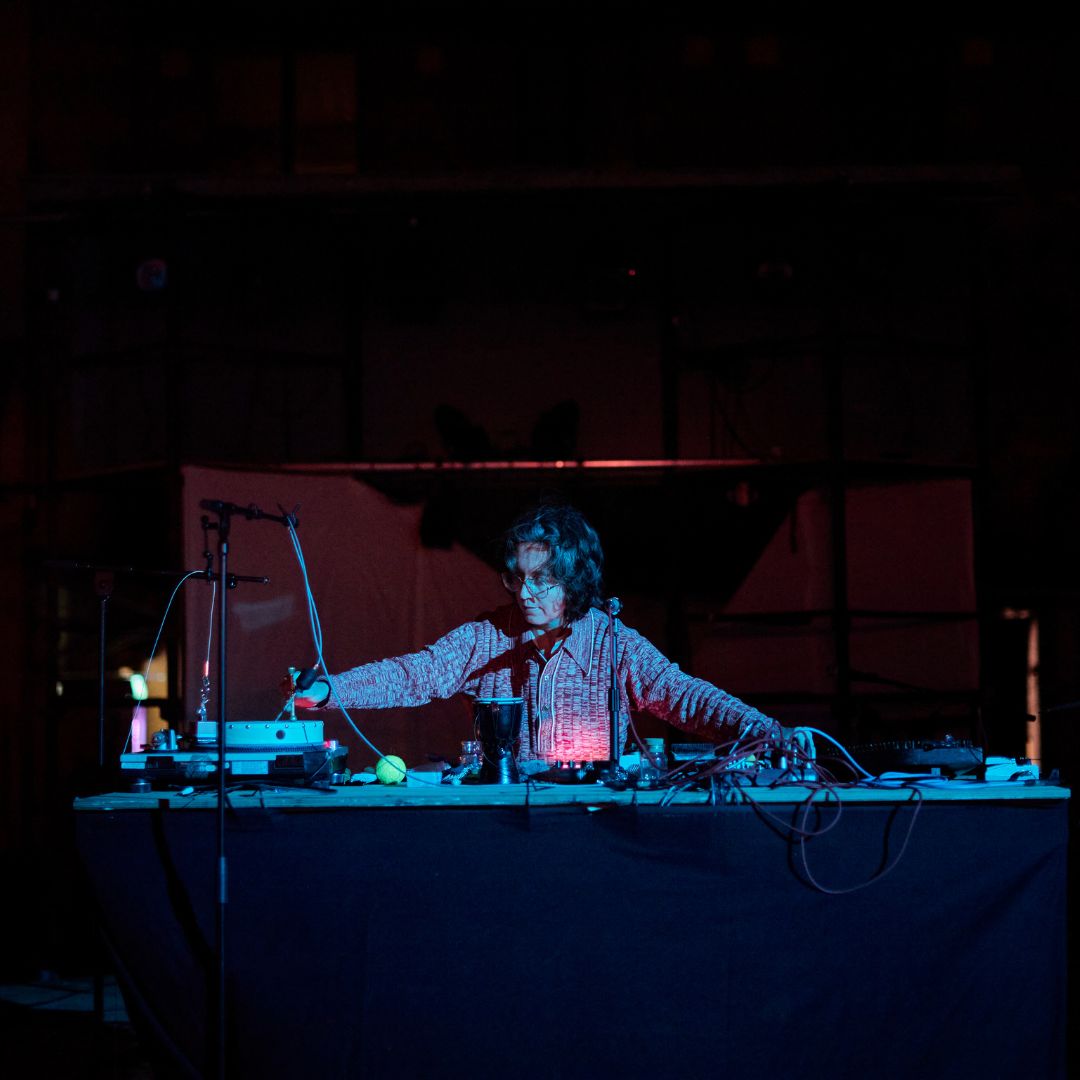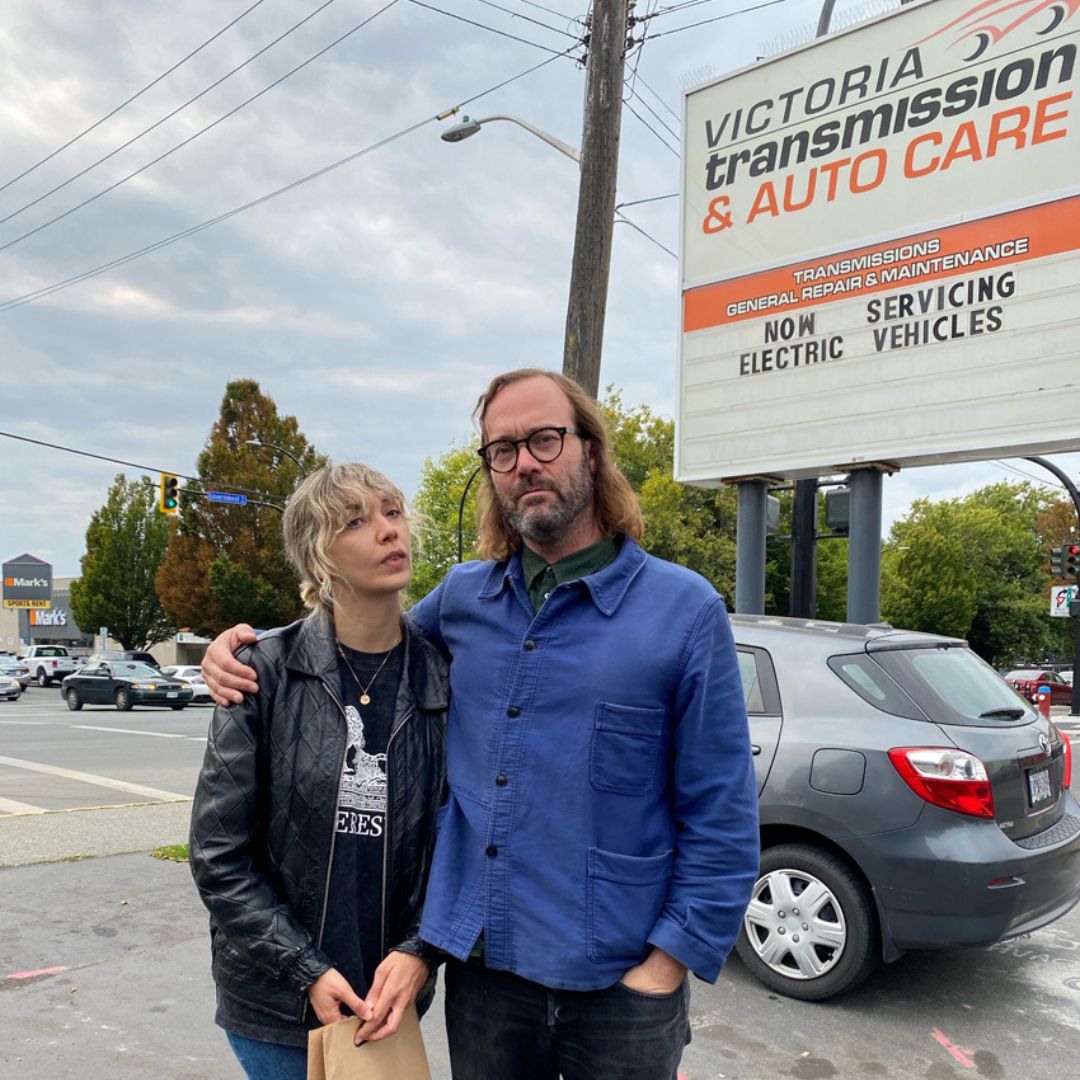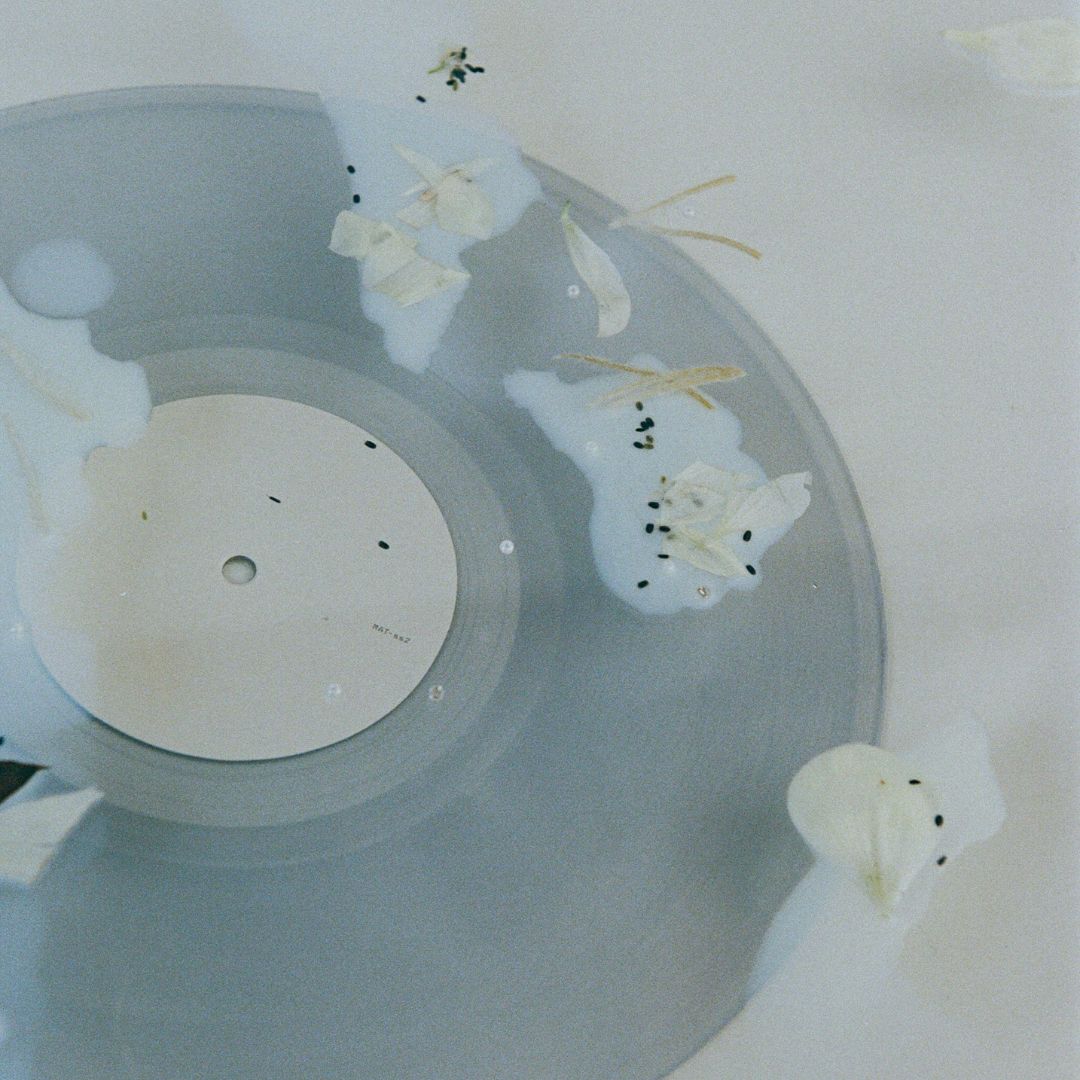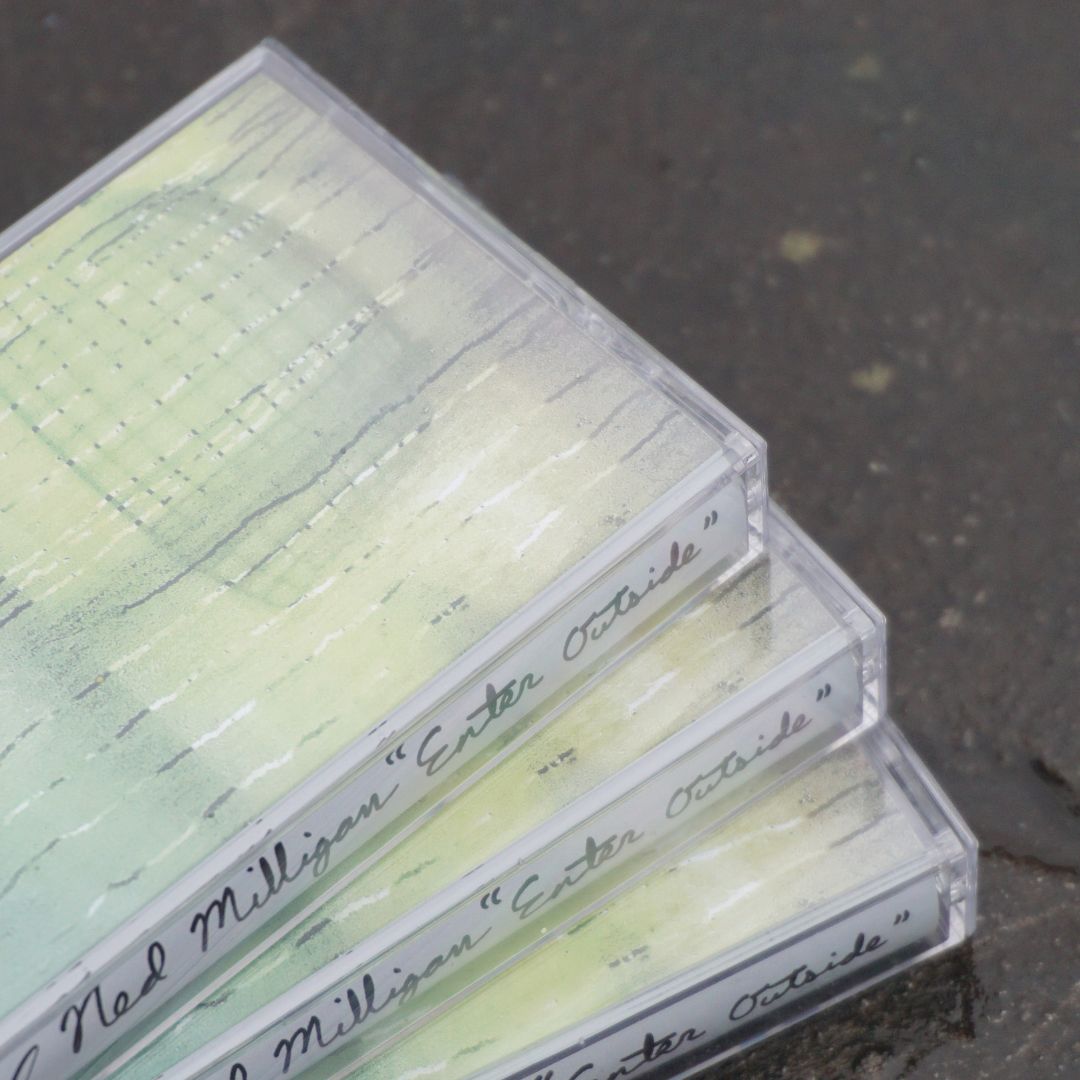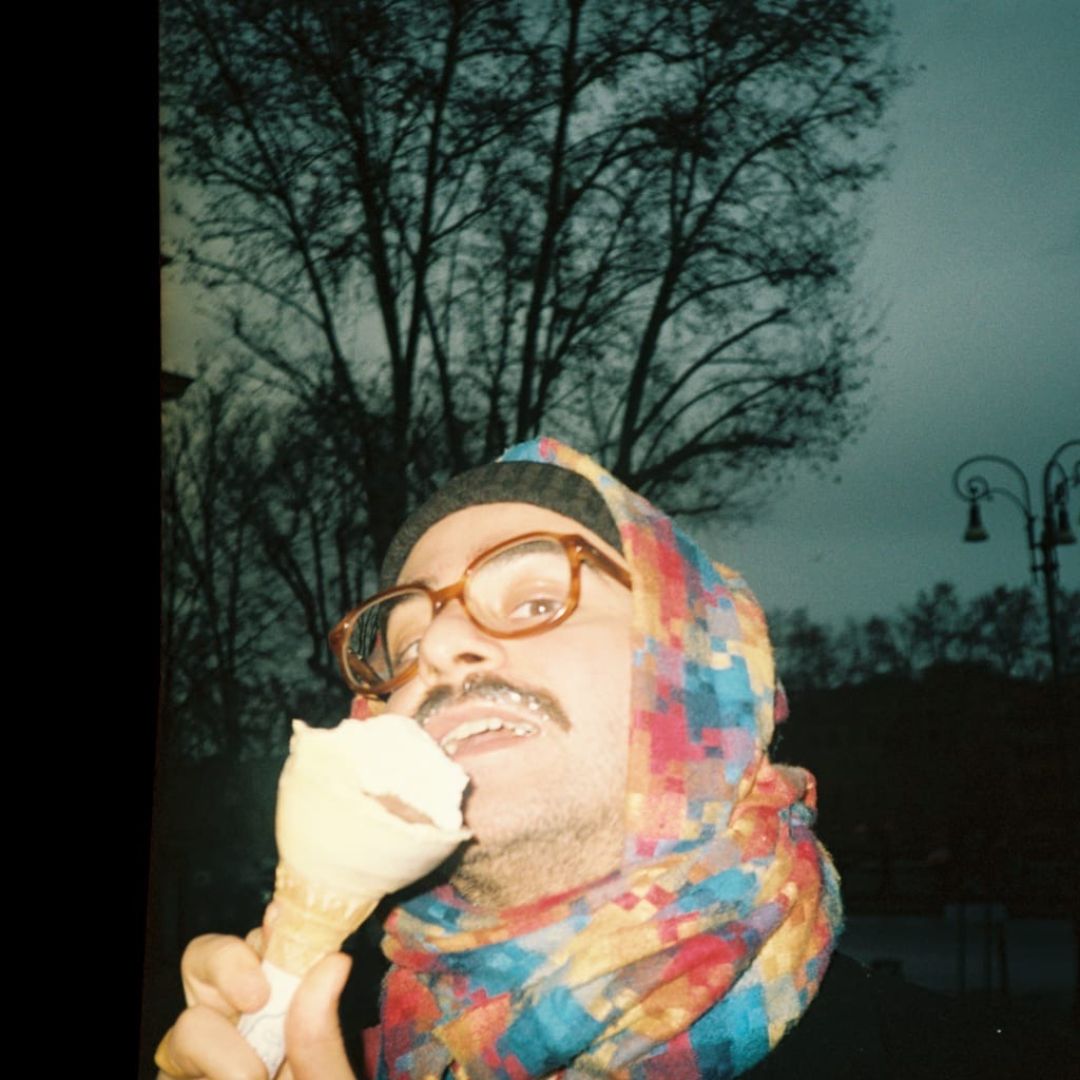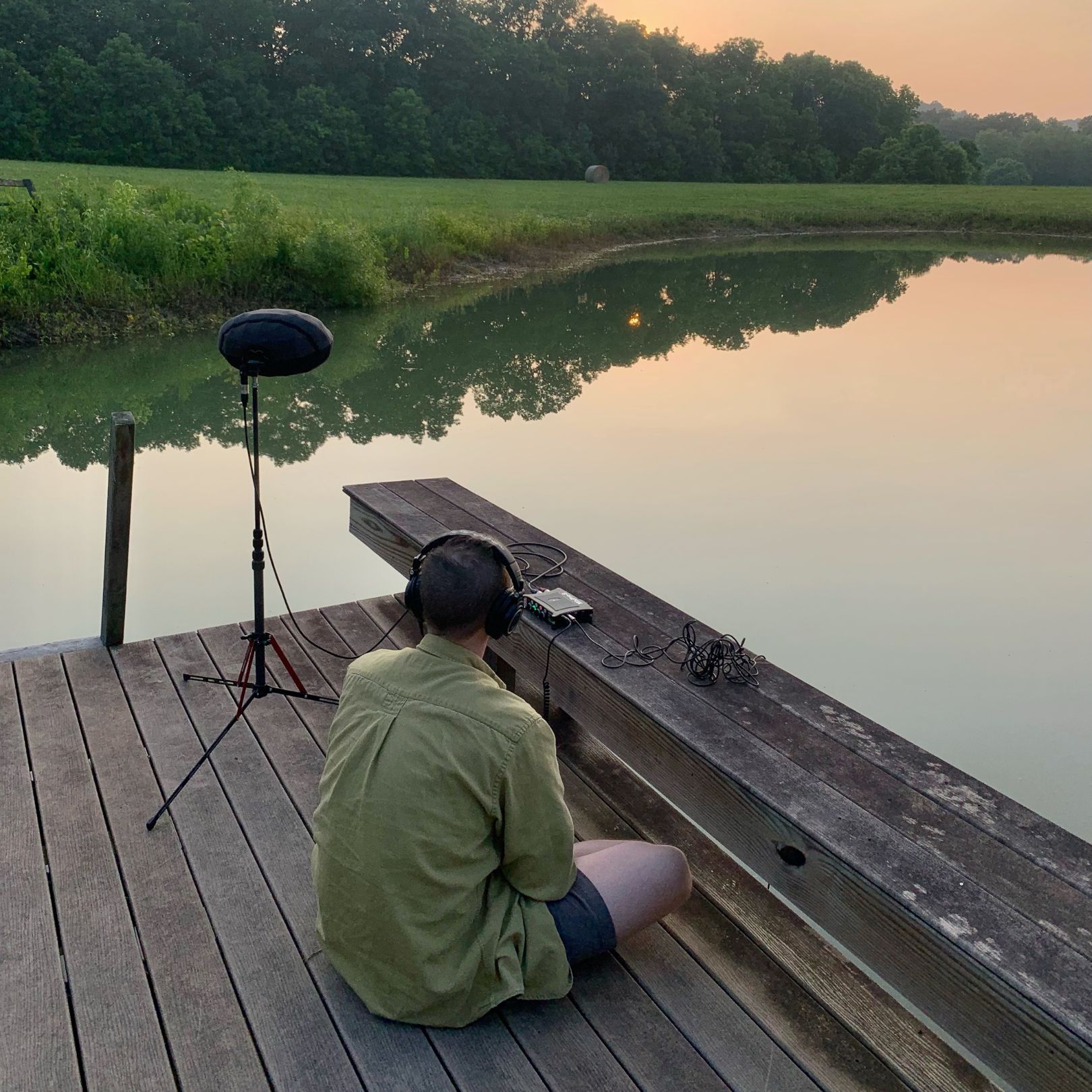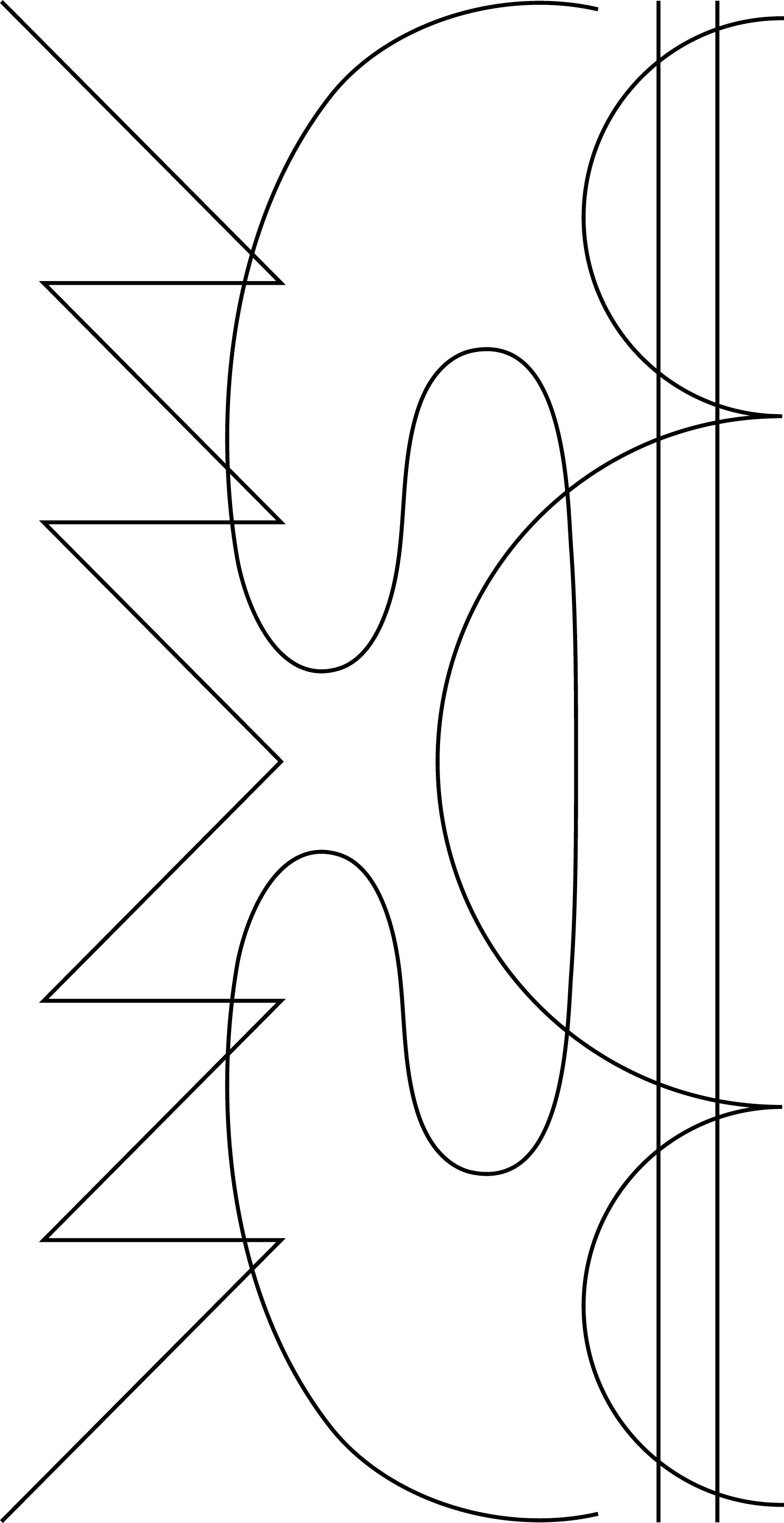striving for harmony with Adam Badí Donoval
Dividing his time between creating his own music and tenderly looking after the sonic universes of others, Bratislava-based Adam Badí Donoval has carefully crafted his own approach to sound and its detailed fractures.
Since 2019, these many elusive realities are finding their rightful homes under the label he runs, Warm Winters. His own compositions are similarly thoughtful assemblages of times and places, expressing a gesture that gives a second life to the forgotten.
Always heartened by Adam’s support and genuine interest in supporting artists, it is interesting to pick out his thoughts on the workings of the label and the nature of his own sonic practice.
You run a label, make your own music, you write, you also do mastering. How do you manage to keep it all in balance?
You’re right, there’s quite a lot of different facets to my practice. It’s very fluid and project-based, so depending on what’s in the pipeline, I dedicate different amounts of time to different elements. I’m not really sure if balance is the right word, to be honest, because there are things I’d like to dedicate more time to. It’s all constantly in progress and I’m still trying to find the right rhythms.
Let’s go back to the rhythms of the very beginning: how did you get into music growing up?
I played classical guitar (like you!) for many years. My parents encouraged me to pick an instrument when I was 6 or 7 and then really pushed me to persevere, despite the challenges that come with sometimes rigid classical instrumental instruction. I eventually also picked up the electric guitar and became obsessed with John Frusciante, my first proper deep dive into music. That led me to more experimental approaches. I loved everything he did, from Niandra LaDes and Usually Just a T-Shirt to The Empyrean, PBX Funicular Intaglio Zone, and all the Red Hot Chili Peppers stuff.
So how did Warm Winters Ltd. come about?
Warm Winters Ltd. came about after living in London for several years and running two other labels on my own and one with a good friend. There was a little overlap between the labels, but very soon I closed my old label and dedicated all my energy to Warm Winters. I wanted to do things more properly, especially when it came to accounting and royalties, as well as treating each album with a little more attention and care.
I think I wanted a clean slate when it came to curation too, so it made sense to start a new label. I don’t remember the exact moment or how I came up with the name, but I really liked how it subtly points in two seemingly opposite directions. It references the climate crisis, but at the same time there is this tongue-in-cheek corporate undertone. I don’t feel these particular concepts play a huge role in terms of curation, but that understated dissonance feels important to me.
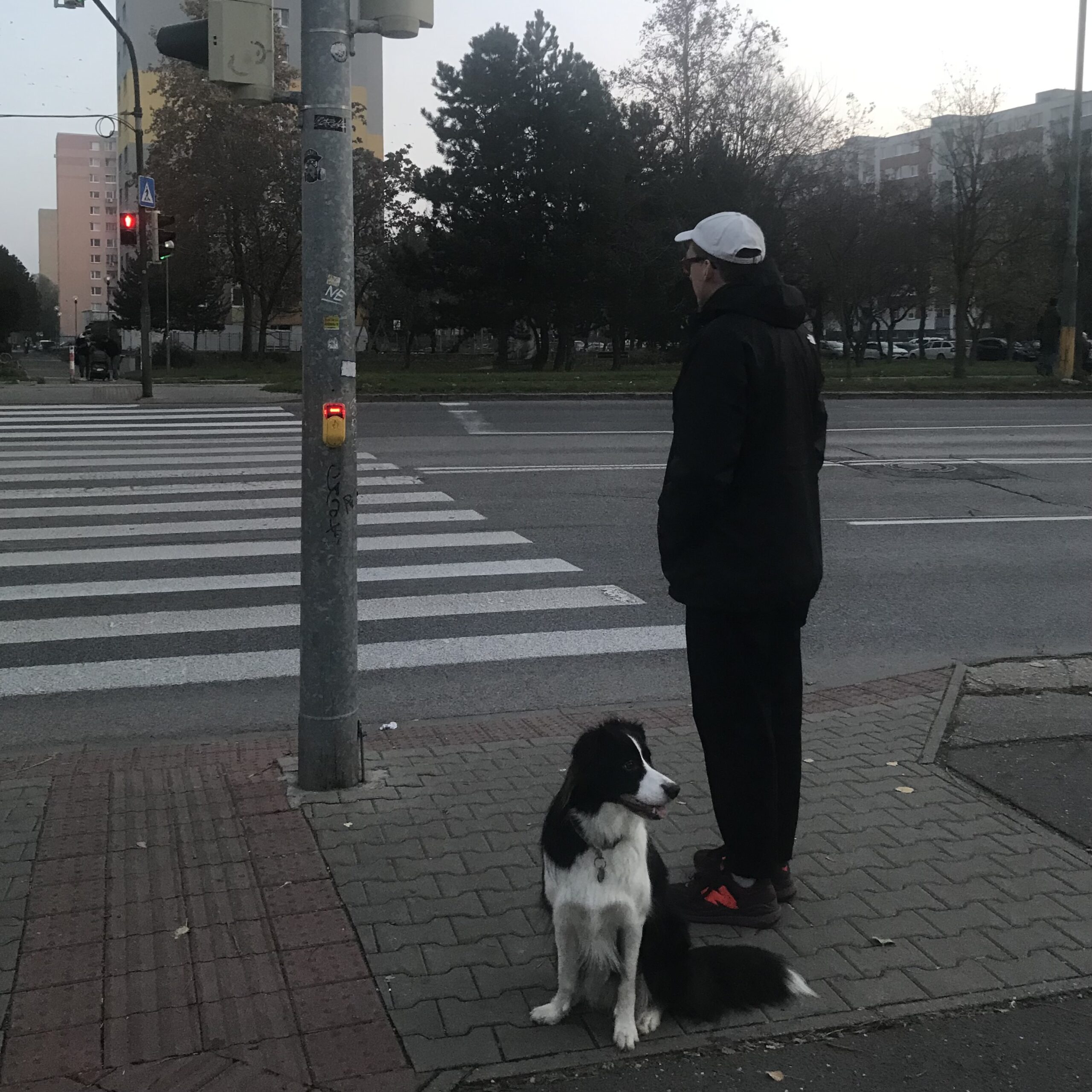
What other sensibilities and atmospheres are you looking for as a label runner? How would you describe the sound of Warm Winters?
The selection of albums for the label feels like a very intuitive process for me. The only public description is “tender music,” so tenderness and gentleness could definitely be some of the defining sensibilities and a description of the “sound,” even though I feel that maybe someone external would be better placed to describe the sound of the label.
I am also attracted to different approaches to sound creation, overlapping genres, listening, conceptual works, works with field recordings, emotion, rawness, dynamics, site-specific pieces… There is quite a lot that interests me and a big part of it is also the friendships and relationships that I develop with the artists during the course of the collaboration. It’s not a straightforward process and I don’t view the sonic trajectory of the label as clear cut or predictable either.
One factor that I think of very consciously though is giving a good amount of space on the roster to non-male artists and musicians, especially ones from outside the UK and US scenes. Many rosters of experimental/ambient labels are like 90% white men and that’s something I’m trying to avoid very consciously.
Is there anything else that needs to change in the music industry?
This is a very difficult question because I think the music industry suffers from the same kinds of issues that the world is suffering from in general. One fundamental aspect and one I think about a lot is what kind of value we attribute to music in our society. I don’t have an answer, but I think we need to shift the perspective from “entertainment” and “consumption” to deeply thinking about the value that music adds to our individual and collective lives.
What do you find most difficult about running a label? Was there ever a moment when you wanted to drop it all?
I think about it every single week! It’s all difficult, especially if you do most of the work in-house and want to do it all properly. There’s a lot of admin, communication, logistics, packing parcels, spreadsheets, distribution, mailing lists, social media… But I think the small joys outweigh the challenges for now, so I’ll keep it going for a bit longer, at least.
How has the nature of running a label changed over the years? Can you recall any particular breakthrough that shaped Warm Winters?
The first label I ran was a proper tape label. Batches of 30-50 tapes, dubbing cassettes in my bedroom, printing and cutting j-cards on my own… I was completely oblivious to the way that “real” labels function and what kind of structures and systems that requires.
I don’t know if that much changed for me in the 7 or 8 years I’ve been running a label when I really think about it. You still have to really care about the music and not have many expectations when it comes to how the world responds to it.
Kajsa Lindgren’s Everyone is here felt like a big milestone for the label. It was only the third album I released, but for me it set a standard in some ways. It’s an album that’s inviting, but also mysterious, imbued with meaning and emotion, and a recording that feels completely timeless. A record I wish more people would hear… Perhaps there will be a good moment to press it on vinyl at some point in the future to share it with a wider audience.
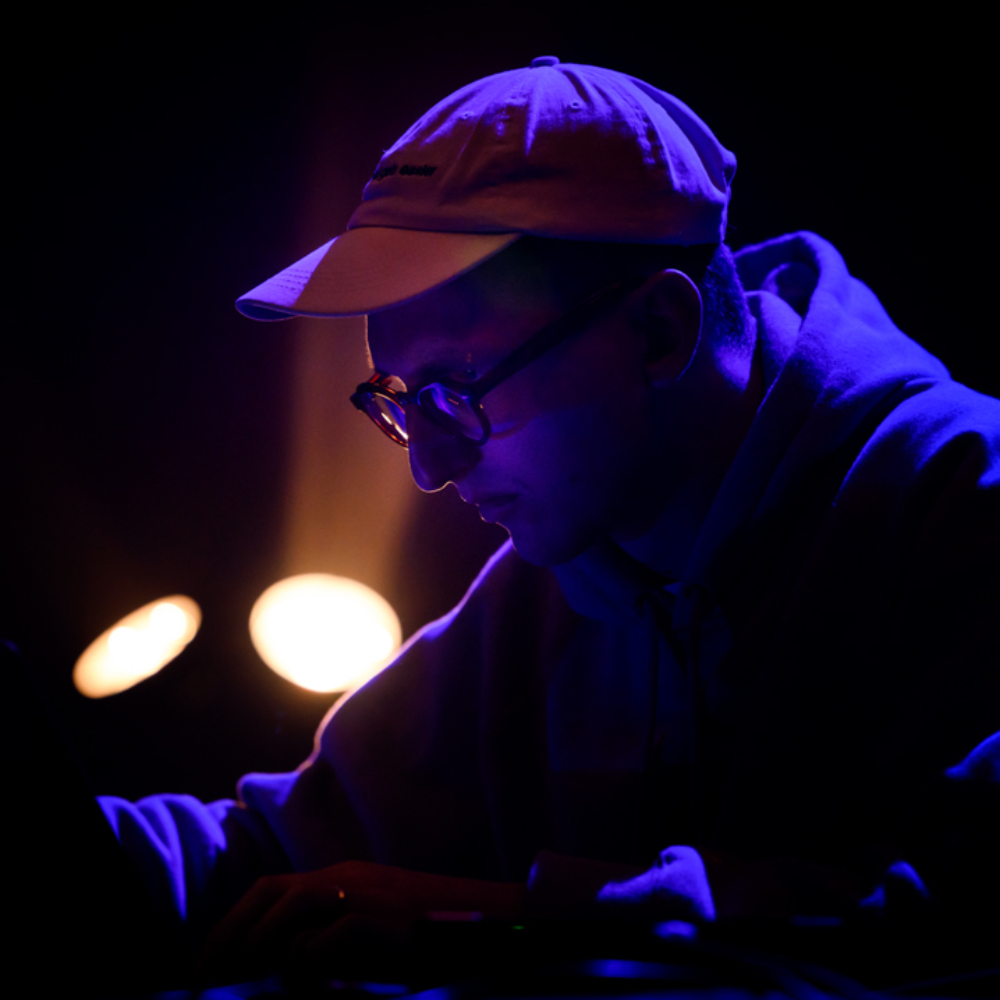
You live and work in Bratislava. How would you describe the music or creative scene to people unfamiliar with the city, and what projects are coming out of Bratislava at the moment that you are most excited about?
Bratislava is a small city and I still feel like I’m discovering it and getting to know new people here all the time after more than five years in London. But there are so many young, creative people here that are full of ideas and initiative. I find it very inspiring to be honest. You should visit LOM Space, flick through magazine stARTs, and read 34.sk online. I also love the energy and diverse curation of T3 – kultúrny prostriedok, the perseverance of NEXT Festival, and I also appreciate the long-term efforts of many promoters to bring incredible music to Slovakia on a regular basis… Some artists are: Jonáš Gruska, Richard Hronský, Lénok, w y m e, Adela Mede, Daniel Kordík, András Cséfalvay… I also need to highlight some things happening outside of the capital, like the labels Mappa and Skupina or the festival Hviezdne Noci Bytča.
What do you personally perceive to be the most noticeable difference between living and working in London and Bratislava?
The pace! London was relentless, but I find in Bratislava that I am able to find more time to spend in nature, to run, to reflect. It’s been really very helpful and I am thankful I live here and not in London.
You have also built a nice studio lately. How is that coming along?
My wife Adela and I rented a space to use as a studio, label HQ, and whatever else we need. We’re slowly improving it and eventually want to make it available for mixing, mastering, songwriting sessions, workshops, or even listening sessions. We’ll see what it becomes, but it’s an exciting development and one that really helps with boundaries.
Creative work sometimes doesn’t feel like “work,” but it really is and if you don’t have clear boundaries it can be impossible to take a break, to read, to spend time together without thinking about the upcoming projects… So having a dedicated space for this purpose is indispensable.
Now that we’re talking about the studio, I’m curious what your process of making music is usually like from start to finish.
Usually for a long period of time I collect material. Field recordings, samples, audio from random cassettes, recordings from friends, unused bits of audio from past projects, snippets of songs I made previously, random YouTube videos… As I’m collecting these sounds, certain ideas or themes come to the forefront and then, with those in mind, I usually have a few more focused weeks to assemble it all into a more-or-less cohesive whole. The assembling, composing, producing, or whatever you want to call it is usually a relatively fast process and when certain things click together in my mind, I don’t really feel the urge to keep changing them forever.
Your debut album was indeed made with the help of friends, so the title doesn’t seem to be a coincidence: “Sometimes Life Is Hard And So We Should Help Each Other.”
This is a record where the title, which my little sister came up with a few years ago, played a big part in how I approached the whole process. I wanted both the methods employed and the sounds used to reflect the title, also to highlight our interdependence and the need for mutual support. So it actually started with a little drawing that she made and evolved from there.
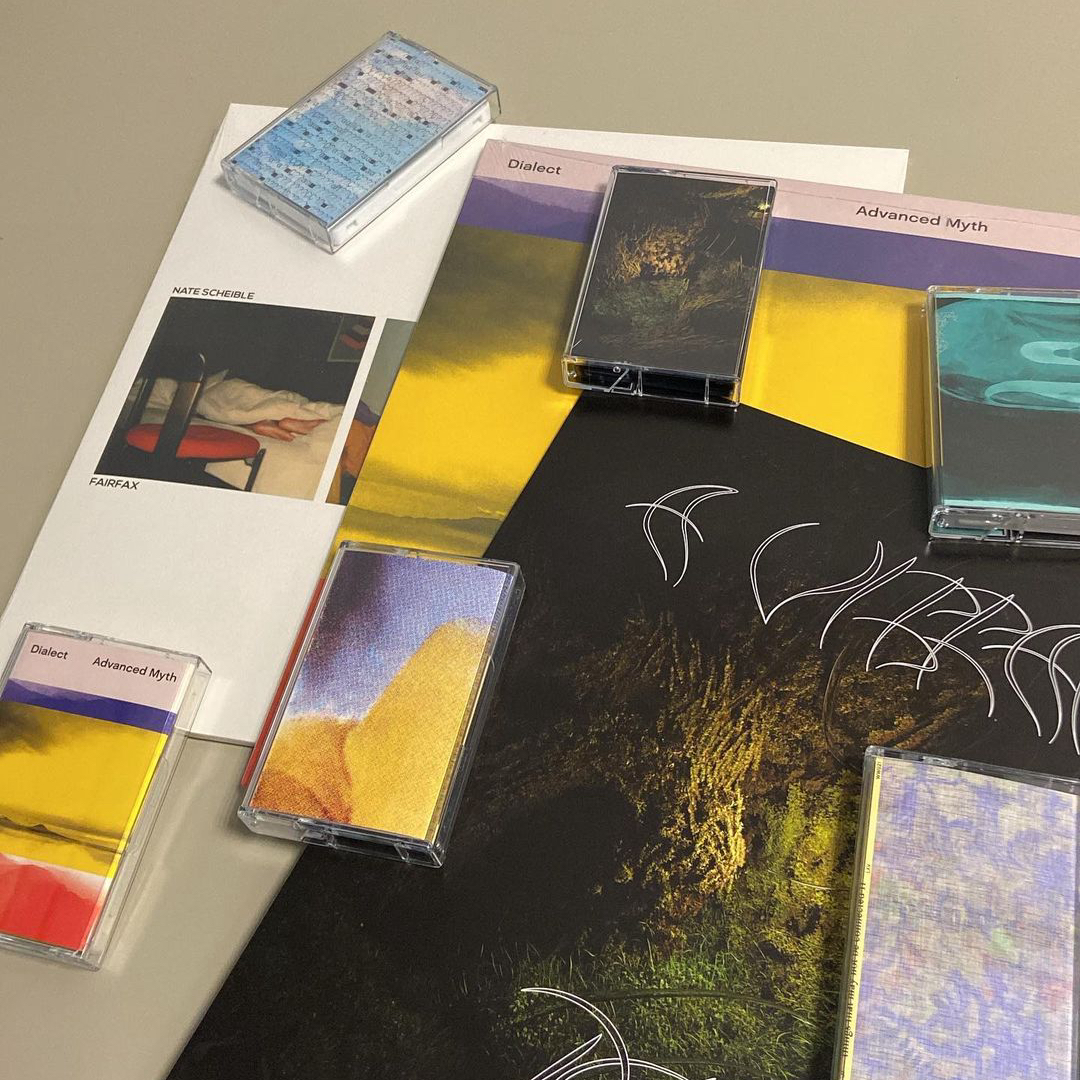
When collaborating with others, do you enjoy giving up your own autonomy or is it more about highlighting one’s sense of self?
Probably neither. I don’t think my own autonomy or sense of self are very important elements in my practice. Rather, I like to think about how my work can evoke sentiments like grace, hope, generosity, and tenderness, or cultivate patience and care. I find that it’s the case when I work alongside others.
What can we expect from you in the months ahead, if everything goes as planned?
A vinyl edition of my debut album, and hopefully some new music too. I’m also playing a few shows – a couple in the Czech Republic, one in Berlin, one in London, maybe a few in Italy… We’ll see! Hopefully I’ll get to mix and master many amazing records too.
If not music, then what?
Someone else asked me this recently and I think I said journalism. Probably that. But maybe also education, which I’m involved with in some ways now.
Pictures by Martyna Basta, Karel Šuster, and Adam Badí Donoval.


